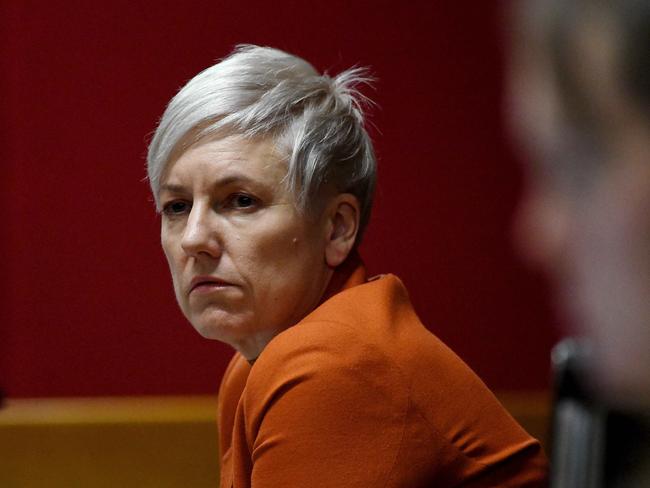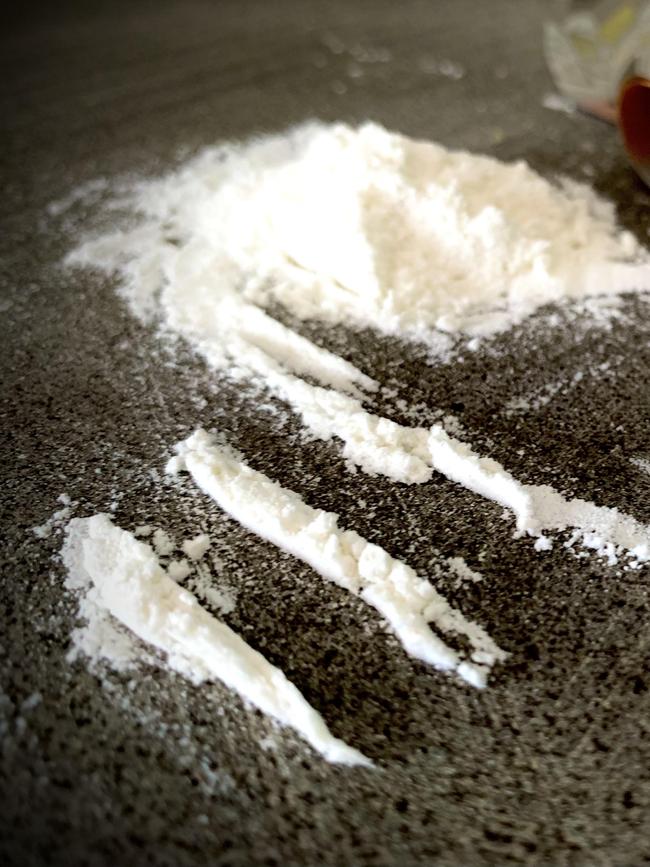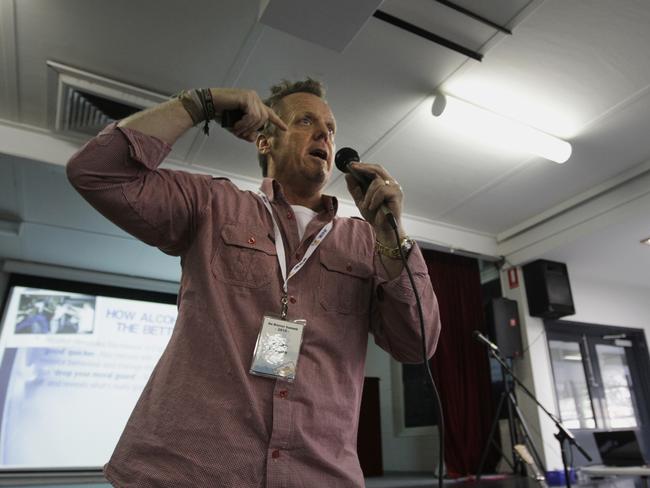Cocaine should be available in a government run market: NSW Greens
Australian governments should step in and regulate the sale of cocaine in a market like alcohol, according to a plan from the NSW Greens party.
NSW
Don't miss out on the headlines from NSW. Followed categories will be added to My News.
Australian governments should step in and regulate the sale of cocaine in a market like alcohol, according to a wacky plan from the NSW Greens party.
Drug law reform spokeswoman Cate Faehrmann called for the addictive illicit drug to be widely available to users under a “government-regulated market”.
She said there was now “absolutely no chance of stopping people using the drug”, therefore a controlled market would help people “reduce harm”.
Ms Faehrmann said Australians consume around 3.3 million bags of cocaine per year “with every single one of them bought on the black market”.

“The zero-tolerance approach to drug use continues to be an abject failure, costing taxpayers many billions of dollars and wasting an extraordinary amount of police resources,” Ms Faehrmann said.
“We therefore need to consider all options to reduce harm, including regulating cocaine in a similar way to how we regulate alcohol.


“A regulated market would undercut the black market and drive organised drug gangs out of business.
“A government-regulated market would also mean people would know what substances they were taking and could receive information about how to reduce harm.”
But Dalgarno Institute chief executive Shane Varcoe said the idea of “regulating” psychotropic toxins for commercial reasons, was akin to unleashing another alcohol problem.
He said the substances that do the greatest harms are the legal ones and it was clear that regulating currently illicit drugs does not eliminate the black market.
“Other jurisdictions that have done so have not only seen a continuing, but in some instances an increase in illicit activity with three markets in play, ‘legal, grey and black’,” he said.
“The public health nightmare that permission models will bring to a ‘free’ health care system will also not be insignificant. Using the mantra that people are going to use anyway, only exists in the illicit drug space because the political will to push back against these legalisation agendas has been jettisoned, except, ironically, for tobacco, in which it has made an outstanding difference.

“For tobacco there is only one message, one focus and one voice in the public square, and that is QUIT.”
Institute of Health and Welfare research shows 31 per cent of Australians who had used cocaine in the past 12 months were suffering from high and very high psychological distress.
The agency estimated the highest demographic using the drug in 2022/2023 were gay lesbian and bisexual people, at 15 per cent of the population, compared with just two per cent of people from the lowest socio-economic areas.
Drug Free Australia and the Rotary Action Group for Addiction Prevention say they are “appalled and dismayed” at the Greens stance on cocaine.
“There is no reason to believe that regulation of cocaine will prevent or even reduce the current illegal marketing/selling of this drug, this is because of our experience with other legal drugs,” Drug Free Australia executive director Jo Baxter said.
She points out there’s already black markets for tobacco and alcohol and cocaine would inevitably follow the same patterns of abuse, such as organised crime participation.
Ms Faehrmann said there was no way of knowing whether black market drugs had been cut with deadly substances like fentanyl or nitazene.
“We have to acknowledge that the majority of people who use cocaine do so recreationally and there is absolutely no chance of stopping people using the drug,” she said.
Drug related hospitalisations in Australia show amphetamines and other stimulants like cocaine were responsible for 27 per cent of hospitalisations, far more than any other illicit drugs.
There were 884 cocaine-related deaths in Australia between 2000 and 2021, researchers at the National Drug and Alcohol Research Centre at UNSW estimate.
Do you have a story for The Daily Telegraph? Message 0481 056 618 or email tips@dailytelegraph.com.au





